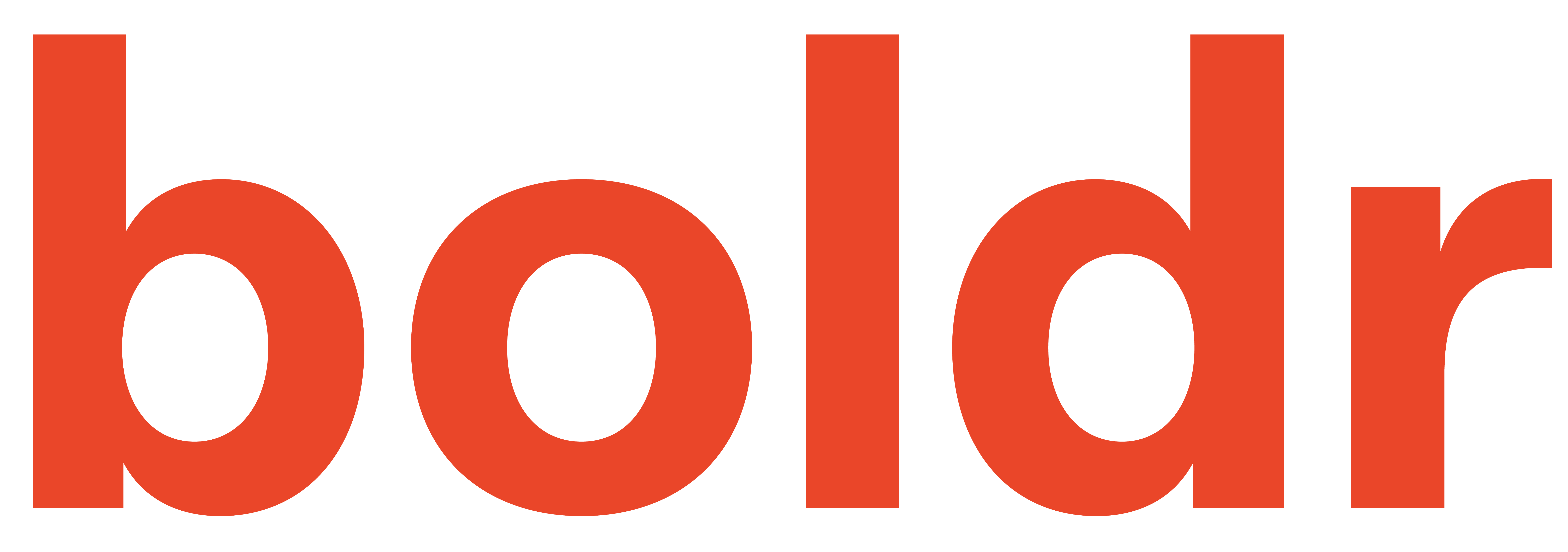Cows are infamous for their rather gaseous digestive systems, releasing loads of methane into the atmosphere through manure and gastroenteric releases — aka cow burps and flatulence.
All that methane in our environment has a huge impact on the warming of our planet. Livestock — mainly cows — are responsible for 14.5% of global planet-warming gas pollution, according to UC Davis.
But a solution to the rather strange climate conundrum may be lingering in an unexpected place: your poke bowl.
As detailed by Civil Beat, recent research found adding red algae — yes, a type of seaweed — to a cow's diet could lead to a nearly 80% reduction in its methane output.
The particular seaweed in question is a popular Hawaiian algae called limu kohu. You may be familiar with this variety of seaweed from your poke. It's deep red and thread-like in appearance, adding a distinctive bitter or iodine taste to the dish. While that may not sound delicious, the name limu kohu translates to "pleasing seaweed."
The red algae is certainly pleasing to cows — and their digestive systems. Trials by red algae feed additive brand Symbrosia found making the seaweed just 0.5% of a cattle's daily diet could result in a sustained 80% methane reduction.
Stay warm all winter long with the Apple of intelligent space heaters Kelvin is the Apple of space heaters, designed for energy efficiency and maximum comfort. It's completely silent and intelligently controlled, with setup taking just 5 minutes. Built from premium materials like aluminum and glass, Kelvin works beautifully as a full-home heating system or as the perfect solution for that one room that never feels warm enough. |
Watch now: What's the true environmental impact of renewable energy?
Independent research led to similar results. A study out of UC Davis found making red algae 1% of a cow's overall diet led to 67% less methane pollution than normal. It's a staggering reduction that had been impossible — until now.
"They're going after a really big problem," Jim Wyban, a leader in Hawai'i's aquaculture industry, told Civil Beat of companies such as Symbrosia.
Methane from human activities is to blame for about 30% of all planetary overheating happening right now, according to the Environmental Defense Fund. In the near term, the harmful gas is estimated to be more than 80 times more potent than carbon dioxide at trapping atmospheric heat, per the EDF, making methane especially dangerous to our environment.
According to the United Nations, methane is also the primary contributor to ground-level ozone air pollution, which causes an estimated 1 million premature deaths every year. Reducing livestock-related methane, then, could be key to curbing a good chunk of the pollution harming public health and accelerating rising global temperatures.
|
💡Solar quotes you can trust
Want to go solar but not sure who to trust? EnergySage has your back with free and transparent quotes from fully vetted providers in your area. To get started, just answer a few questions about your home — no phone number required. Within a day or two, EnergySage will email you the best options for your needs, and their expert advisers can help you compare quotes and pick a winner.
The Cool Down may receive a commission on signups made through links on this page, but we only promote partners we vet and believe in. For more cool tips like this one, check out our solutions marketplace here.
|
TCD Picks » Upway Spotlight
💡Upway makes it easy to find discounts of up to 60% on premium e-bike brands
As the incredible potential of red algae reaches agricultural communities, businesses selling the seaweed are revving up production. The World Bank estimates the international seaweed farming industry could be worth almost $12 billion by 2030, given the product's potential.
Even the federal government is going all-in on the limu koh solution, awarding Symbrosia more than $2.2 million in grant funding this year. The Hawaiian brand recently signed with dairy giants Organic Valley and Danone, bringing its product to some of the nation's largest livestock farms. Another red algae feed additive brand, Blue Ocean Barns, also recently signed with major dairies and Ben & Jerry's.
Symbrosia CEO Alexia Akbay recently told Civil Beat that the funding is "really the next step for us to start expanding commercially for our products."
While red algae is a promising solution to methane pollution, there are other ways to reduce your methane footprint. For meat eaters, the U.N. Environment Programme recommends incorporating more plant-based meals and seeking alternative protein sources. Composting, swapping to an induction cooktop, and reducing food waste can also help cut your methane production.
Join our free newsletter for weekly updates on the latest innovations improving our lives and shaping our future, and don't miss this cool list of easy ways to help yourself while helping the planet.















